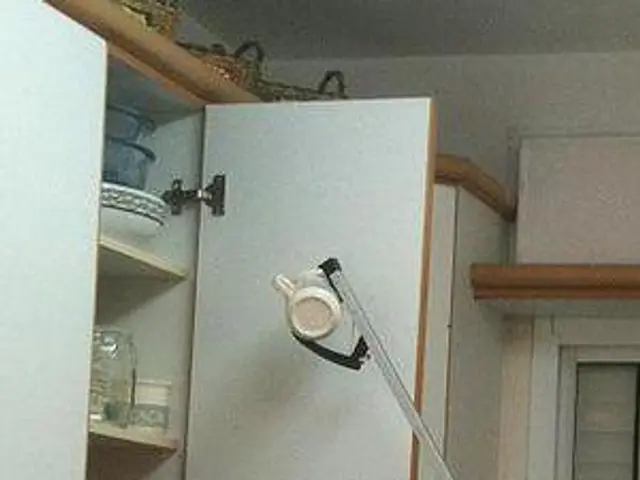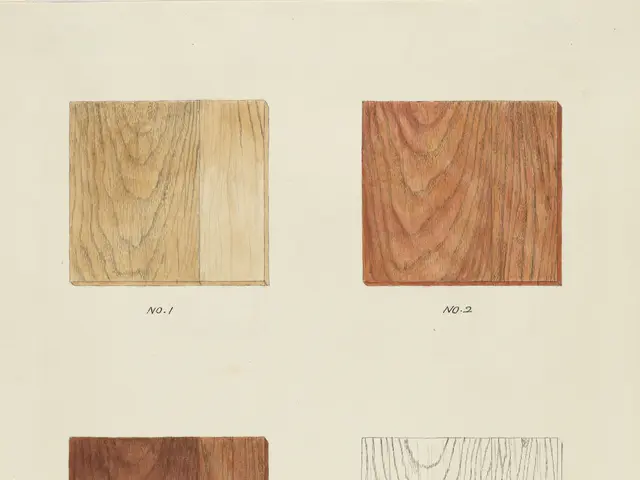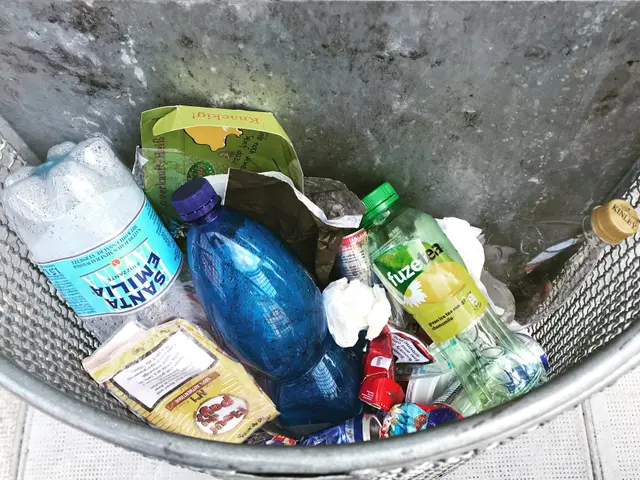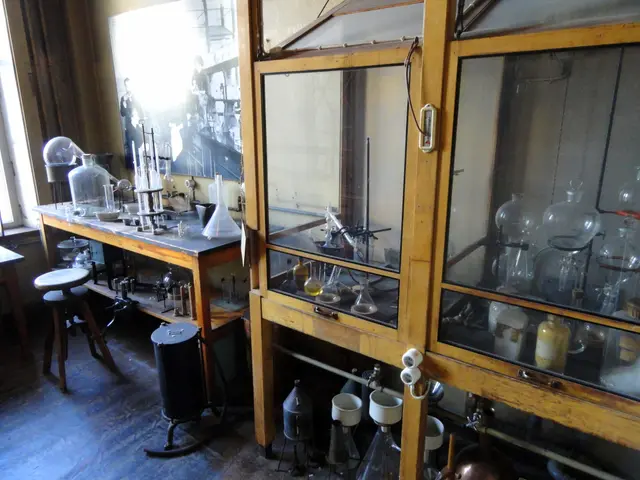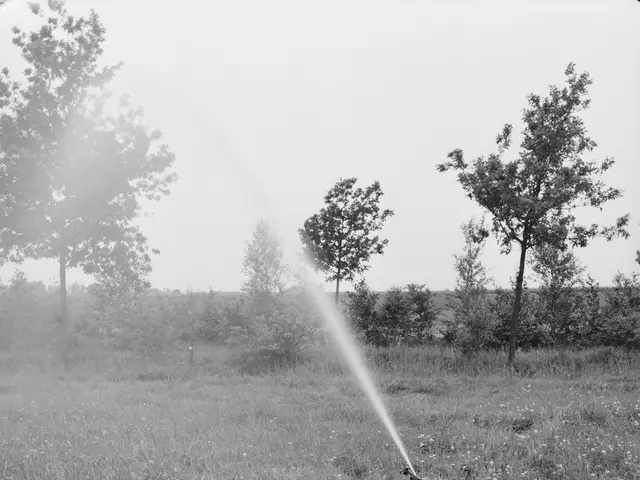Home Safety Experts Warn Against Using Extension Cords for High-Wattage Appliances
Home safety experts are warning about the dangers of using extension cords and power strips with high-wattage appliances. Incidents involving air fryers, space heaters, and other devices have raised concerns about fire risks.
Paul Martinez, owner of Electrified NYC, advises against using extension cords for appliances that run constantly or rely on a heating element. This includes air fryers, which can draw up to 2,000 watts, and portable space heaters, responsible for an estimated 1,700 fires per year between 2017 and 2019.
Daisy chaining, or plugging extension cords into other extension cords, can also lead to overheating and fires. Martinez warns that even small appliances like toaster ovens (1,200 to 1,400 watts) and microwaves should be plugged into dedicated wall outlets. Refrigerators, despite using less power, should also not be connected to extension cords due to the risk of malfunction.
For larger appliances like air conditioning units, it's crucial to ensure they are appropriately sized for the space they are cooling and plugged into a dedicated outlet.
To prevent electrical fires and ensure home safety, it's essential to understand the limitations of extension cords and power strips. High-wattage appliances should be plugged directly into dedicated wall outlets. Always follow the manufacturer's instructions and consult a professional if unsure about an appliance's electrical requirements.

